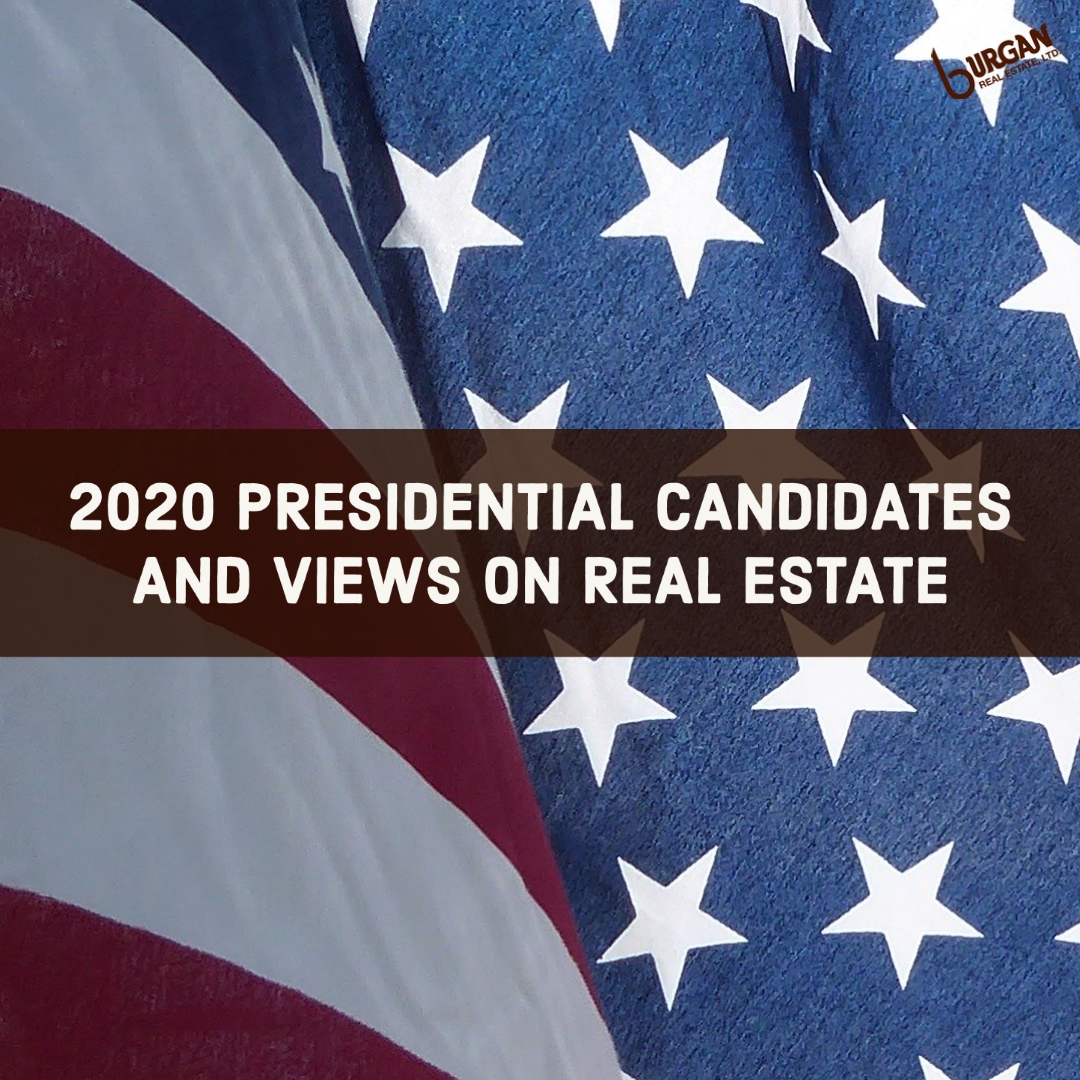
While I think many people are already firm in their decision on who they are voting for, especially given the record number of early voters, absentee ballots and mail-in ballots this year, you may still on the fence. These two candidates have drastic contrasts to how they will impact real estate if elected. To help you understand differences and make a decision not just with your heart but with your mind as well, here is a quick cheat sheet with the differences between President Trump and Joe Biden.
JOE BIDEN ON REAL ESTATE
If you are investing in real estate, both in terms of your own home or investment opportunities, Joe Biden has proposed some radical policies. Along with his ideas to implement to the fullest extent the Affirmatively Furthering Fair Housing (AFFH) mandate, which we have explored in previous weeks, is the plan to support first-time homebuyers by providing a tax credit up to $15,000, while also offering down payment assistance for service workers. He would supply tax credits to renters, as well as increasing the number of Section 8 vouchers.
Speaking of rentals, Biden has also been vocal of supporting rental and mortgage forgiveness. Investors and owners of properties rely on rent to cover utilities, property maintenance, real estate taxes and income for hard working people. Also, Section 8 housing could impact property values.
Additionally, Joe Biden has made it clear tax rates will go up while he also eliminates the 1031 tax loophole. This tax law allows investors to offset their real estate taxes by claiming losses due to property depreciation.
PRESIDENT TRUMP ON REAL ESTATE
A re-election of President Trump continues with more of the same policies he has enforced while adding new efforts to benefit everyone.
Over the past 4 years, President Trump has made a conscious decision to push our nation towards growth and stimulating the economy. Unlike Biden, Trump will not lift strict zoning laws on single-family residences, as he has proven by terminating the AFFH. This move has retained the value of homes and communities even during a pandemic. However, he has also created “opportunity zones,” designed to support real estate growth in underdeveloped communities, giving more opportunities to individuals to own homes, find places to live and be a part of a community of their choosing.
While many label President Trump as a person who continues to support the wealthy, he actually limited the allowable deduction for mortgage interest, decreasing it from $1 million to $750,000, helping lower and middle-class homeowners by significantly decreasing their taxes, while “his friends” in the upper-middle and upper-classes ALL saw an increase in taxes. Lastly, President Trump wants to see through his promise to transition Fannie Mae and Freddie Mac from federal to private guidance, making it more stable, secure and fair.
HOW ELECTION WILL IMPACT ON REAL ESTATE
While previous elections tell us to expect a 15% drop in home sales during the 4th quarter of an election year, all trends are showing no signs of the real estate market slowing down. Most experts and predictions show a strong future as mortgage rates continue to be at an all-time low. While Covid-19 is impacting the income of people, home prices are remaining stable and, given the current economy, the value will only continue to grow.
No one knows what Tuesday will have in store for all of us as a country and the impact it will have on the real estate industry. One thing we do know is, YOU HAVE A CHOICE! Be sure to vote and make your own future.
